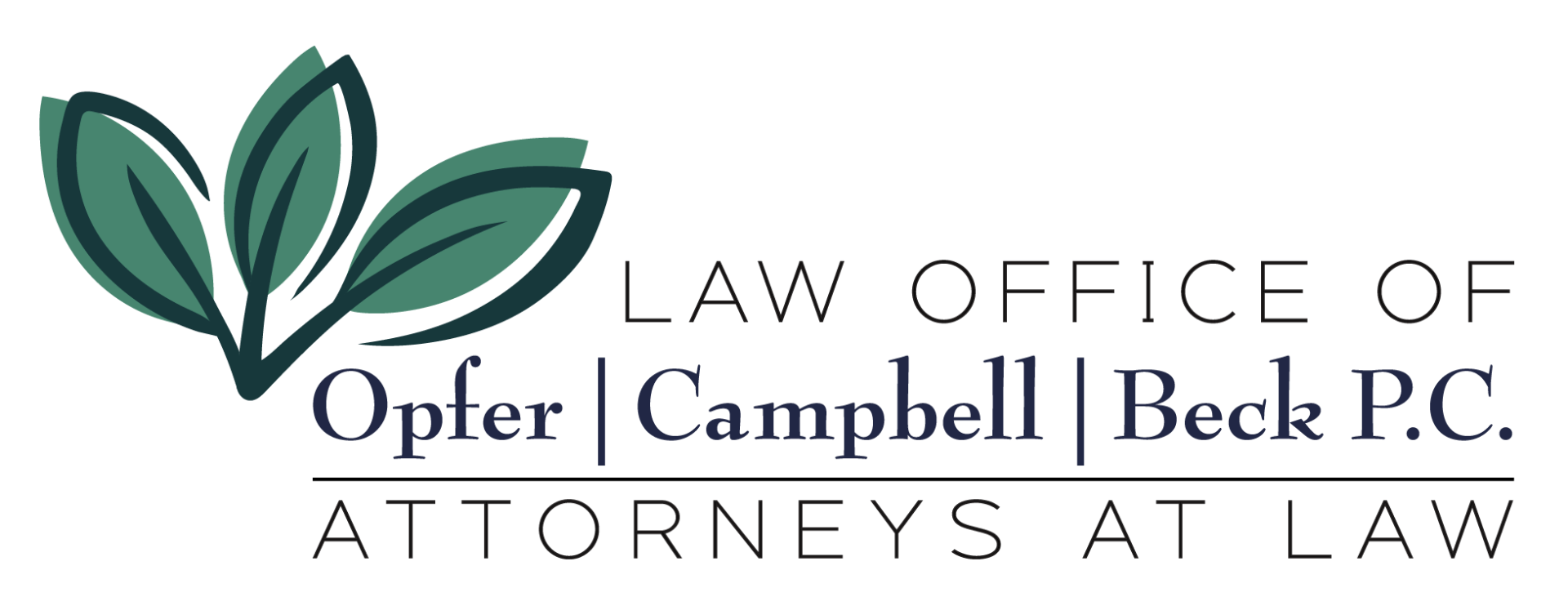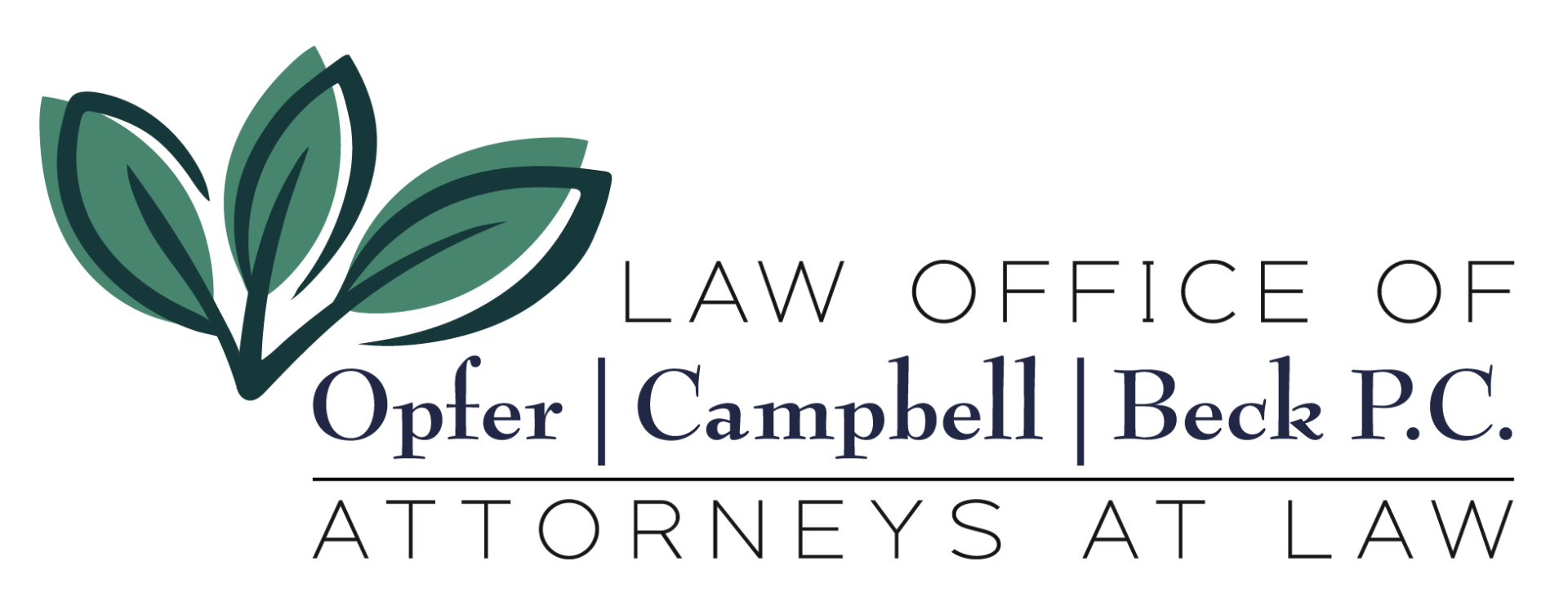Practice Areas
Managing Short-Term Rentals
A Guide for Colorado Homeowner Associations

Short-term rentals (STRs) have become increasingly popular across Colorado, offering homeowners the opportunity to generate extra income by renting out their properties for short stays. For example, VRBO has 18,835 houses and 19,565 condos available to rent at the time of the writing of this article. However, the rise of STRs has also brought challenges for Homeowners' Associations (HOAs), which must balance the interests of homeowners who wish to rent their properties with those of residents who are concerned about the impact of STRs on their community. Here’s a guide for Colorado HOAs on how to effectively manage short-term rentals.
Understand the Legal Landscape
Before implementing or enforcing any rules regarding short-term rentals, it’s important for HOAs to understand the legal framework that governs these rentals in Colorado:
· Local Regulations: Many cities and counties in Colorado have enacted ordinances that regulate short-term rentals. These regulations may include requirements for permits, limits on the number of days a property can be rented, occupancy limits, and safety standards. HOAs must ensure that any rules they adopt are consistent with local laws.
· Colorado Common Interest Ownership Act (CCIOA): CCIOA provides the legal foundation for HOA governance in Colorado. While it doesn’t specifically address short-term rentals, it does require that any restrictions or rules imposed by the HOA be reasonable and clearly outlined in the governing documents.
· Case Law: Colorado courts have addressed disputes over short-term rentals in HOA communities. Generally, courts have upheld restrictions on STRs if they are clearly stated in the governing documents and are adopted in accordance with the association’s procedures. Many HOAs seek try to regulate and prohibit STRs as “commercial activity.” Although this was a good argument, in 2015 the Colorado Court of Appeals in Houston v. Wilson Mesa Ranch Homeowners Association held that STRs are still “residential” and are not considered “commercial activity.”
Review and Update Governing Documents
For an HOA to regulate or restrict short-term rentals, it must have clear authority to do so, which should be outlined in its governing documents, such as the Declaration of Covenants, Conditions, and Restrictions (CC&Rs), bylaws, and rules and regulations. Specifically, an HOA’s declaration must allow for the preclusion or regulation of STRs. If the declaration doesn’t allow for STRs, an HOA probably can’t regulate them. If your HOA is considering implementing new rules or restrictions, follow these steps:
· Conduct a Legal Review: Work with an attorney who specializes in HOA law to review your current governing documents and ensure that any proposed changes are legally sound and enforceable.
· Amend the CC&Rs if Necessary: If the CC&Rs do not currently address short-term rentals, your HOA may need to amend them. This typically requires a vote of the homeowners, with a certain percentage required for approval, as outlined in the existing CC&Rs. If an HOA is a CCIOA community, and there is no current restriction on STRs, that amendment will need to be approved by at least 67% of the homeowners as it is a “restrictive” amendment.
· Draft Clear Rules: Although it is not advised, if your HOA decides to regulate short-term rentals through rules and regulations rather than amending the CC&Rs, make sure the rules are clear, specific, and consistent with state and local laws. The rules should define what constitutes a short-term rental, outline any restrictions or requirements, and specify penalties for violations. Your HOA will also need to have some firm basis for the ability to regulate STRs found in the declaration even if it is not specifically mentioned. A simple ability to adopt policies and regulations is not good enough.
Consider Different Approaches to Regulation
HOAs in Colorado have several options for managing short-term rentals. The approach your HOA takes should reflect the community’s unique needs and concerns:
· Outright Ban: Some HOAs may choose to prohibit short-term rentals entirely. This approach is often favored by communities that want to preserve a residential character and avoid the potential disruptions associated with STRs.
· Restrictions on Use: Rather than banning STRs altogether, your HOA could impose restrictions, such as limiting the number of days a property can be rented out, requiring a minimum stay duration (e.g., no rentals shorter than seven days), or capping the number of properties that can be used as short-term rentals at any given time.
· Permitting and Registration: Your HOA could require homeowners who wish to engage in short-term rentals to obtain a permit or register with the HOA. This allows the HOA to monitor STR activity and ensure compliance with community rules. Again, this would need some basis or authority in the declaration.
· Impose Additional Fees / Dues or Limit Use of Common Areas: An HOA may be able to impose additional fees or dues on the owner of an STR if the HOA can show that the additional fees are reasonable and directly related to the use of the property as an STR. This is going to be very fact specific, and a good attorney can help you wade through this issue. Alternatively, an HOA can limit use of common areas to Unit Owners or permanent residents. This, too, would likely require an amendment to the declaration.
· Enforcement of Local Laws: In addition to any HOA-specific rules, ensure that homeowners are aware of and comply with local ordinances governing short-term rentals. Your HOA can work with local authorities to enforce these regulations, but an HOA cannot enforce the law itself. Although not addressed by Colorado courts yet, HOAs attempting to enforce local ordinances or state laws have been disfafored by jurisdictions outside of the state.
Communicate with Homeowners
Transparency and communication are key to managing short-term rentals effectively. Whether your HOA is considering new rules or enforcing existing ones, it’s important to keep homeowners informed:
· Hold Meetings: Schedule meetings to discuss the issue of short-term rentals with the community. This provides an opportunity for homeowners to voice their opinions, ask questions, and understand the reasoning behind any proposed rules.
· Distribute Information: Provide homeowners with clear, written information about any rules or restrictions related to short-term rentals. This could include FAQs, summaries of local laws, and details on how the HOA plans to enforce the rules.
· Solicit Feedback: Encourage homeowners to share their thoughts and concerns about short-term rentals. This feedback can help the board make informed decisions that reflect the community’s preferences.
Enforce the Rules Consistently
Once your HOA has established rules regarding short-term rentals, consistent enforcement is essential. This includes:
· Monitoring Compliance: The HOA should monitor compliance with short-term rental rules. This could involve regular checks of rental listings, reports from neighbors, or requiring homeowners to provide rental records.
· Addressing Violations: When a violation occurs, the HOA should take prompt action in accordance with the enforcement procedures outlined in the governing documents. This might include issuing warnings, fines, or pursuing legal action if necessary.
· Resolving Disputes: Disputes between homeowners over short-term rentals can arise. The HOA board should be prepared to mediate conflicts and ensure that all parties understand and adhere to the community’s rules.
Reevaluate and Adjust as Needed
The landscape of short-term rentals is constantly evolving, and your HOA’s approach may need to change over time. Regularly review the effectiveness of your rules and their impact on the community:
· Solicit Ongoing Feedback: Keep an open line of communication with homeowners and encourage them to share their experiences with short-term rentals.
· Adapt to Legal Changes: Stay informed about any changes in local or state laws that could affect short-term rentals in your community.
· Adjust Policies as Needed: If the community’s needs or preferences change, be prepared to revisit and adjust your short-term rental policies. This might involve amending the rules, seeking additional homeowner input, or adopting new enforcement strategies.
Conclusion
Managing short-term rentals is a complex but important task for HOAs in Colorado. By understanding the legal landscape, reviewing and updating governing documents, communicating effectively with homeowners, and consistently enforcing rules, your HOA can strike a balance that meets the needs of all residents. If your HOA is facing challenges related to short-term rentals, consulting with a law firm that specializes in HOA law can provide the guidance and expertise needed to navigate this issue successfully. At Opfer | Campbell | Beck P.C. we are here to assist you in navigating these legal waters. Whether you are a board member of an HOA, a property manager, or a homeowner, call or email us today for a free consult. We strive to bring the “community” back to community association law.












